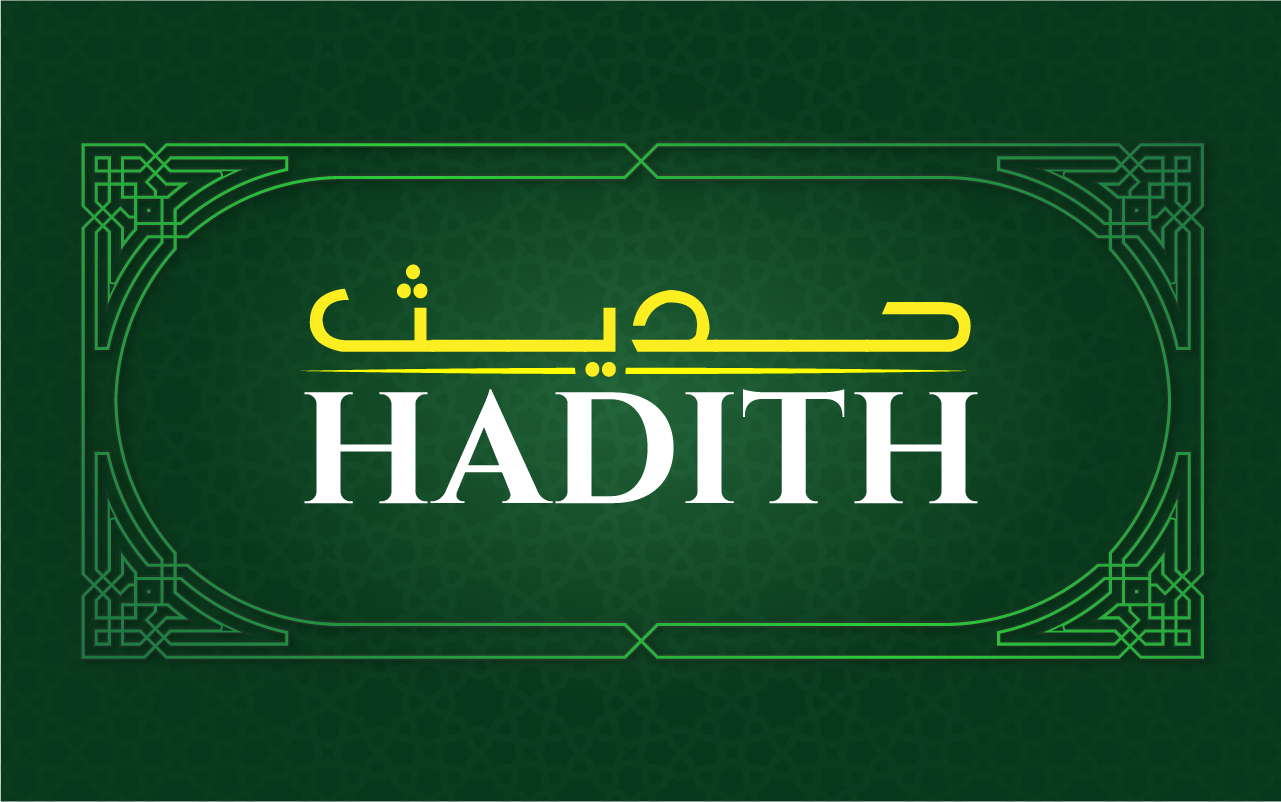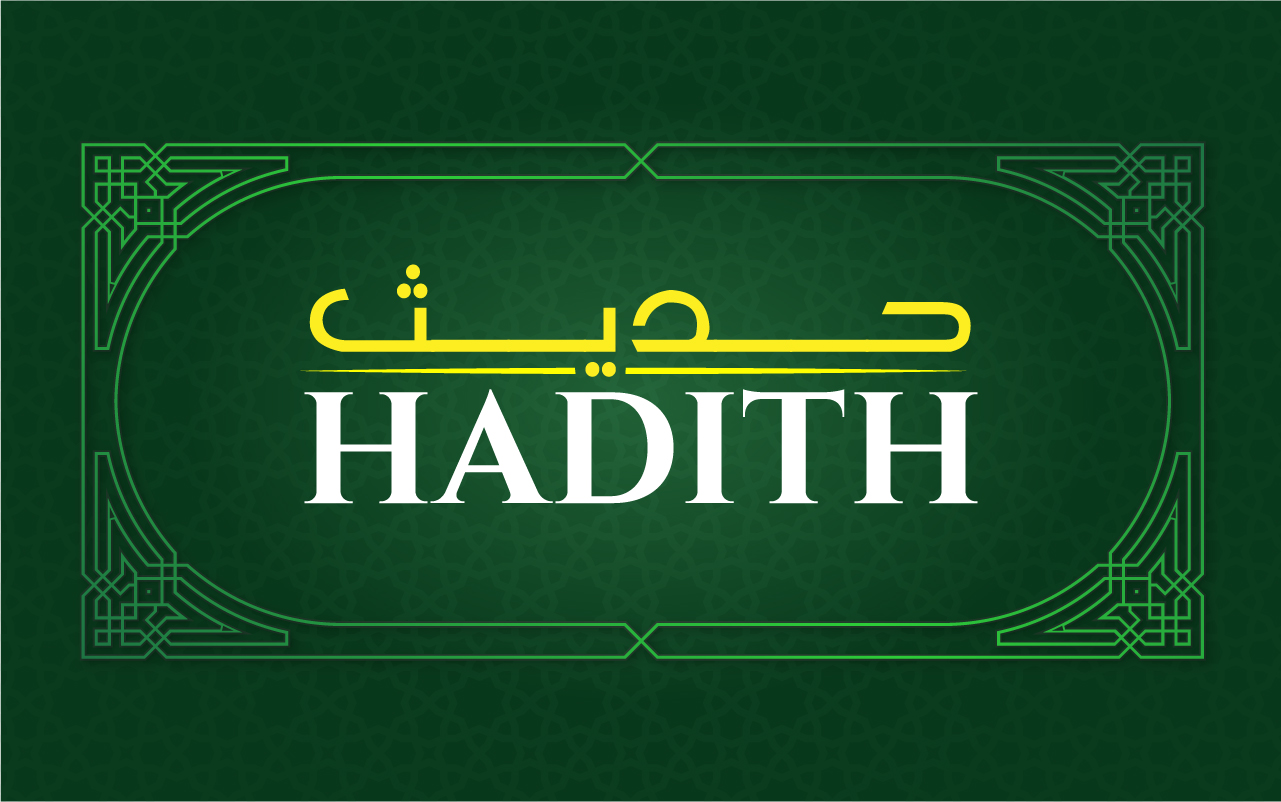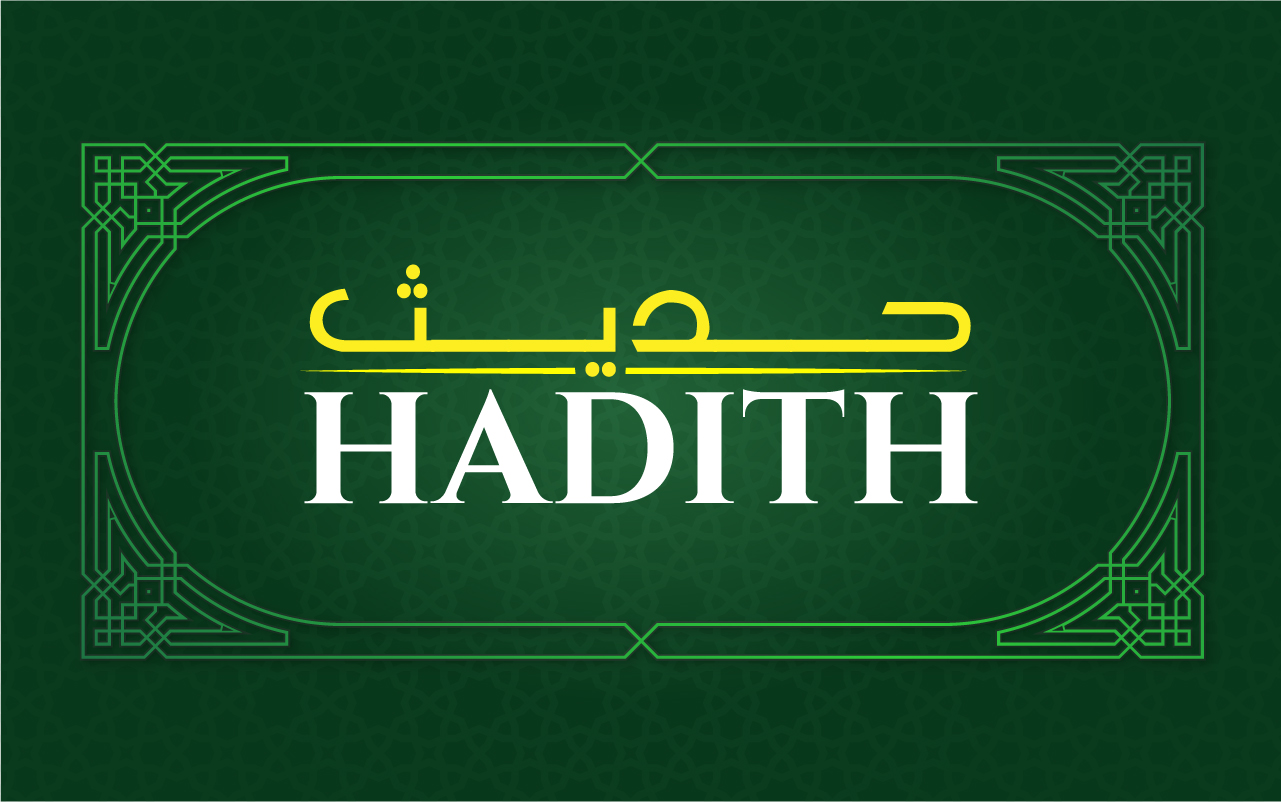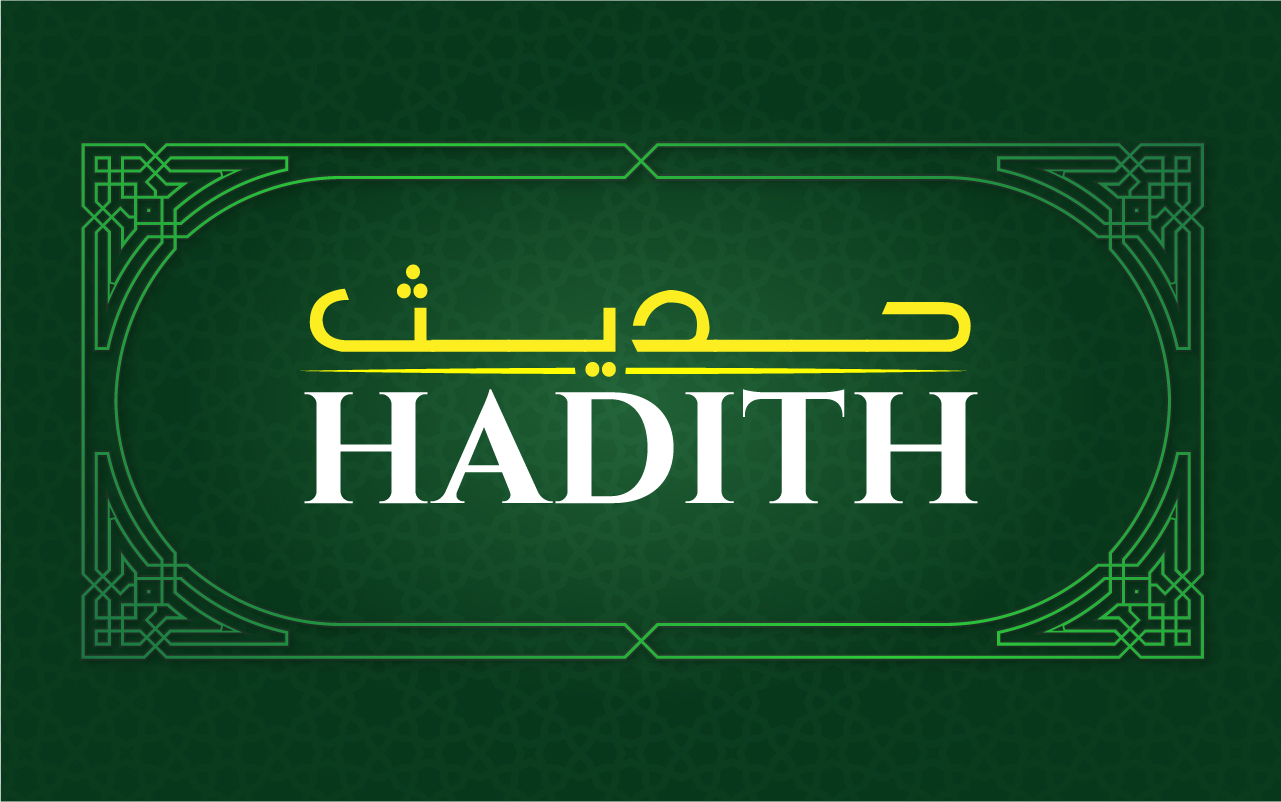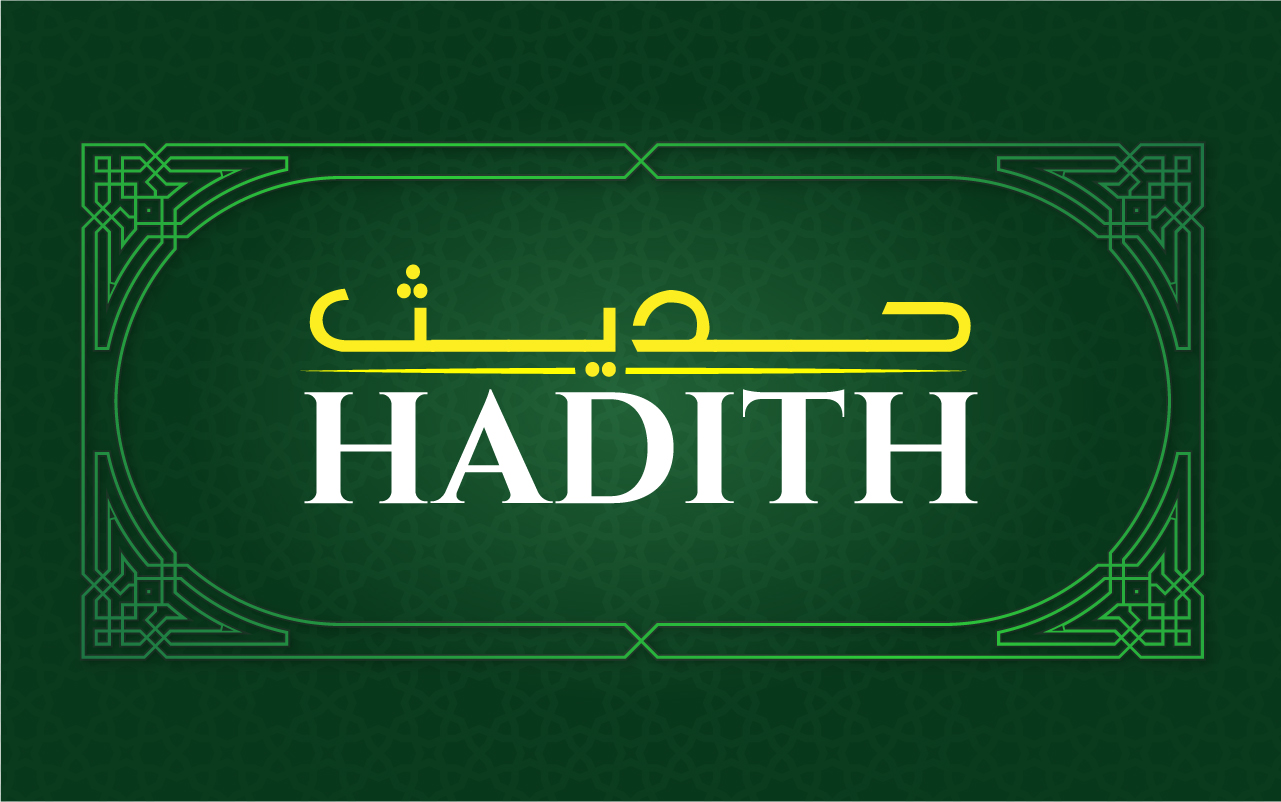What is the most important Hadith in Islam?
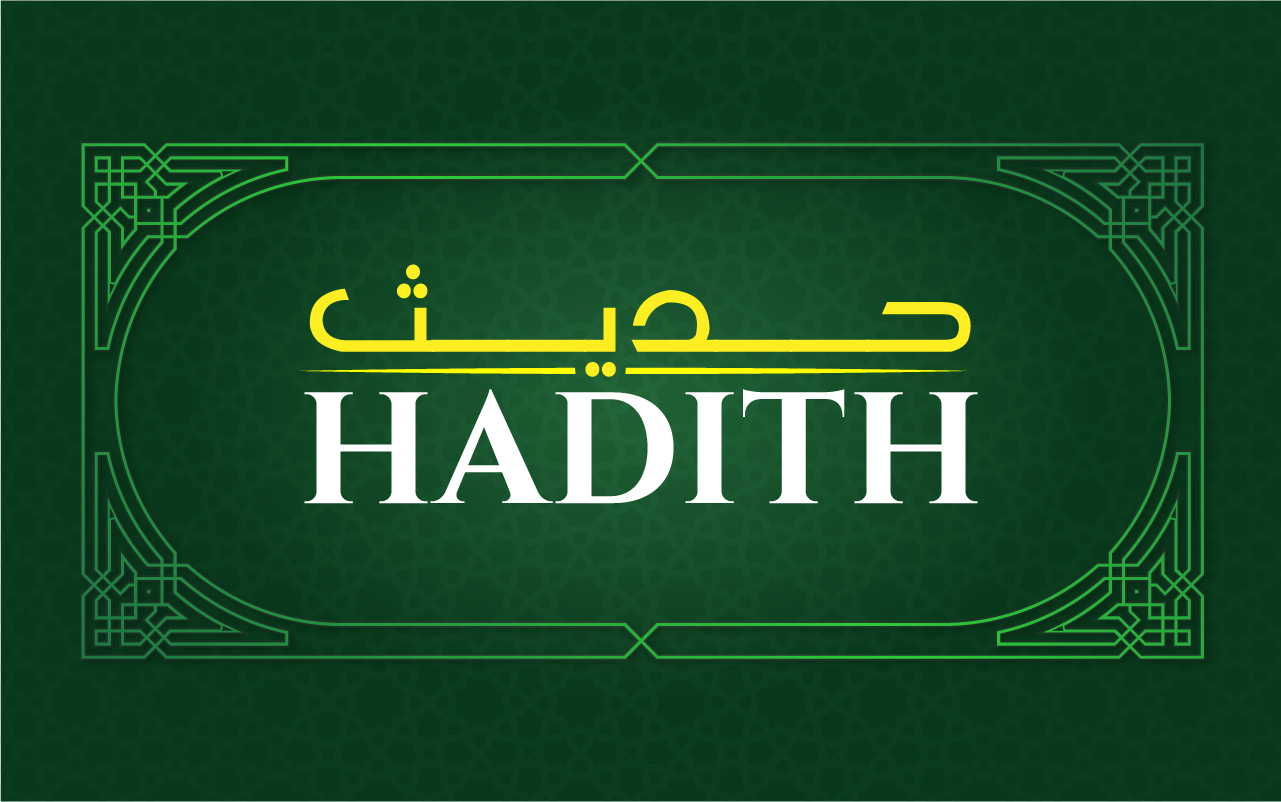
Identifying a single "most important" Hadith in Islam can be challenging, as various Hadiths address different aspects of faith, ethics, and guidance for daily life. However, one Hadith often cited for its profound significance is the Hadith of Jibril (Gabriel), which encompasses the fundamental pillars of Islam.
The Hadith of Jibril
In this Hadith, the angel Jibril (Gabriel) came to the Prophet Muhammad (peace be upon him) in the form of a man and asked him a series of questions about Islam. The Prophet responded by outlining the five pillars of Islam:
Shahadah (Faith): The declaration of faith, bearing witness that there is no god but Allah and that Muhammad is His messenger.
Salah (Prayer): The establishment of the five daily prayers.
Zakat (Charity): The giving of alms to the poor and needy, typically calculated as a percentage of one's wealth.
Sawm (Fasting): Observing the fast during the month of Ramadan.
Hajj (Pilgrimage): The pilgrimage to the holy city of Mecca, which is required once in a lifetime for those who are physically and financially able.
Significance
This Hadith is crucial because it encapsulates the core tenets of Islam, providing a framework for the beliefs and practices that define the faith. It highlights the importance of both faith and action, emphasizing that belief in Allah and the Prophet must translate into concrete practices.
Ethical Dimension
Moreover, the Hadith illustrates the concept of ihsan, or excellence in worship, which encourages Muslims to worship Allah as if they see Him, fostering a deep sense of spirituality and consciousness of God in all aspects of life.
In summary, the Hadith of Jibril is pivotal in Islam as it succinctly conveys the essential beliefs and practices, serving as a foundational guide for Muslims in their spiritual journey.
